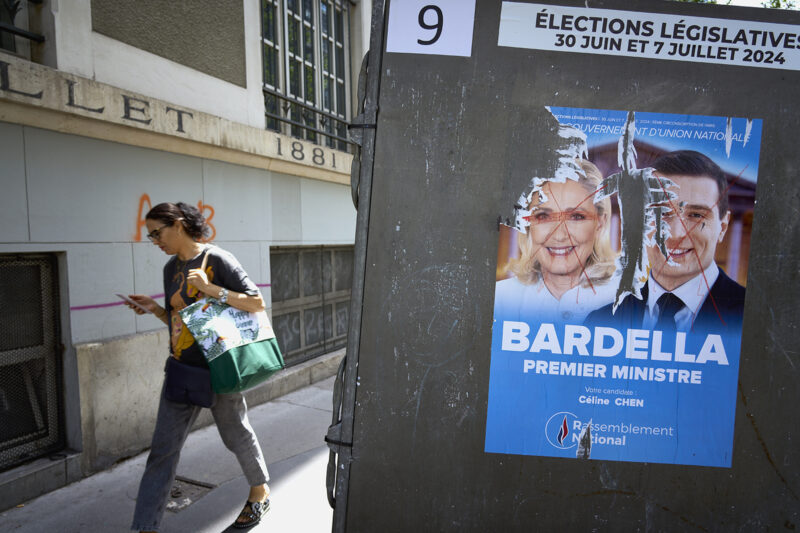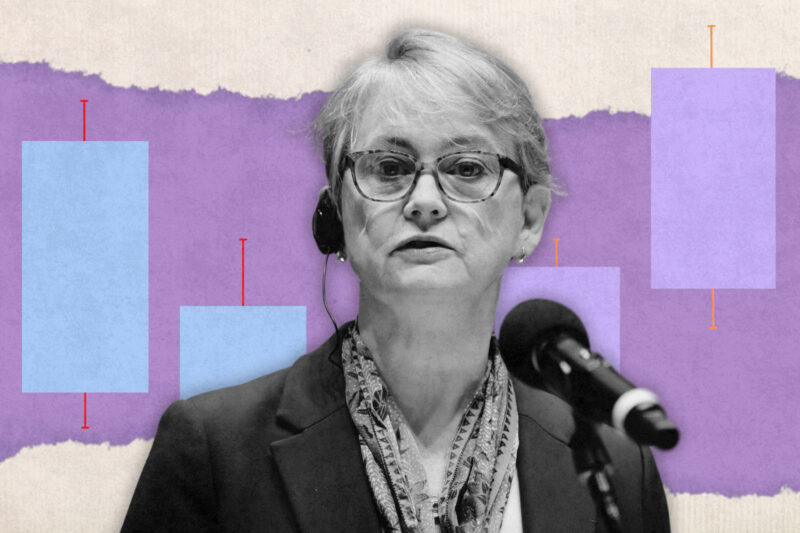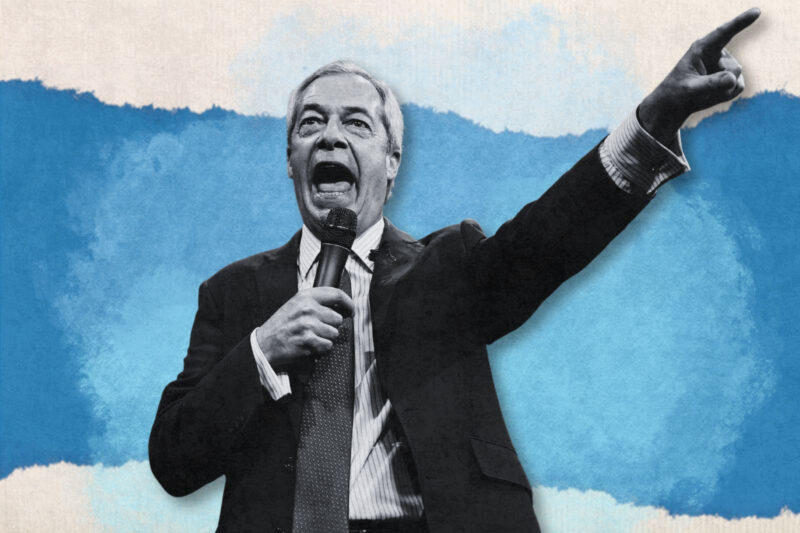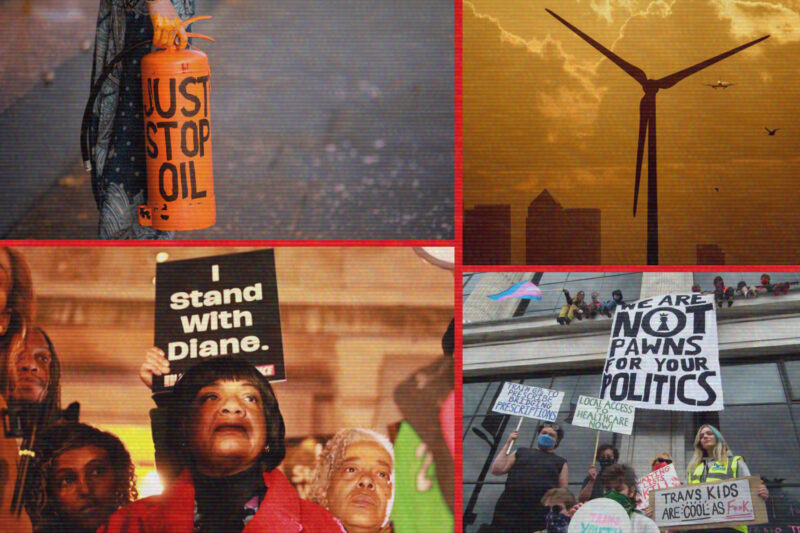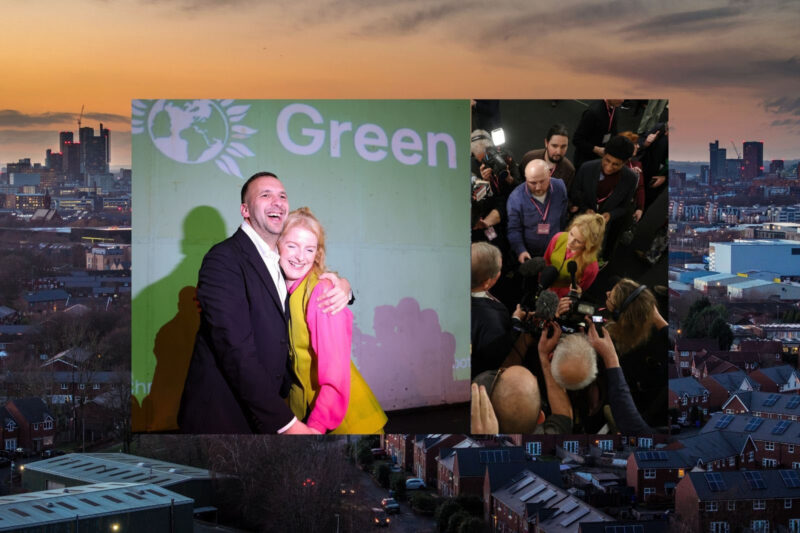Starmer’s Bangladesh comments won’t be forgotten and could come back to haunt him
British Bangladeshi Labour candidates say remarks made at hustings event have worsened existing rift with Muslim communities

“What has Keir Starmer said about Bangladesh?”
Of all the messages I’ve received during the election campaign, this from a member of my family was arguably the most bizarre. As a British Bangladeshi, I saw my phone light up the moment Starmer publicly singled out the country as a source of illegal migrants, saying in an event hosted by The Sun that they were not being “removed” from the UK in sufficient numbers.
Some of those who messaged me were offended; others were confused and concerned. Most were simply shocked that a man who is the favourite to be prime minister in just a few days had said this.
Lots of anger among the British Bangladeshi community about these comments from Keir Starmer
— Shehab Khan ITV (@ShehabKhan) June 26, 2024
“I’ll make sure we got planes going off…back to the countries where people came from.
“At the moment people coming from Bangladesh are not being removed.”pic.twitter.com/dqwIhRgOti
It is rare that my two worlds, work and personal, combine in this way — politicians rarely talk about the Bangladeshi community — but it was clear from the response that serious hurt had been caused.
Starmer’s choice to single out Bangladesh was odd for a number of reasons. Bangladesh is not among the top five countries for asylum claims to the UK. Nor does it feature in data from Oxford University’s Migration Observatory on the top 10 nationalities of those who cross the channel in small boats.
The comments caused such a backlash that British Bangladeshi Labour candidates reached out to me to express dismay that their party leader had done this. One sitting member of Labour’s National Executive Committee described it as “dog whistle stuff”; the deputy leader of Tower Hamlets council, home to Britain’s largest Bangladeshi community, quit the party in protest.
Most of those I spoke to were shocked that Bangladesh had been singled out; Labour candidate Apsana Begum posted a video warning against the use of “dog whistle politics”.
For any ethnic minority, this cliche sends shivers down the spine. At some point each and every one of us has heard it. I have been reassured that Starmer meant no offence, but that is certainly what he has caused.
We covered the story at ITV News, and asked Starmer if he was aware of the hurt that had resulted from his words. His answer, on camera, was fairly clear. He did not mean to cause any worry, concern or offence. He praised the contribution of the British Bangladeshi community. He mentioned that he had visited the country as an MP, and that he was simply highlighting that the UK has a new returns agreement with Bangladesh that it had signed earlier this year.
This explanation may satisfy some — but it is notable that Starmer did not say he was sorry. One senior community leader in the British Bangladeshi community was far from impressed with it. “It is always one excuse or another,” they told me, “just like the time he never meant any offence when he called the Black Lives Matter movement ‘a moment’ and never apologised.”
The problem for Labour is that this feeds into a narrative that it has a worsening relationship with the British Muslim community. Since the escalation of the conflict in Gaza, the situation has been fraught; as I have travelled around Britain both before and during the election campaign, I have heard from countless British Muslims who feel ignored and let down by the party’s failure to call for an immediate and permanent ceasefire. Data analysis carried out for ITV News found that Labour had lost 33 percentage points of vote share in areas that are majority Muslim, suggesting that the rift has had an impact at the ballot box.
There are a number of independent candidates running on a Gaza ticket against Labour, and Starmer’s comments will be seen by some as further evidence that he is out of touch with Muslim communities. One Labour parliamentary candidate has already told me they think the episode will be a huge problem in their seat. “It’s potentially a tight race for me and this will make it even harder,” they said. “British Muslims in my seat were already upset, and this will make it worse.”
There are a handful of constituencies where there is a significant British Muslim population, with Bangladeshis among it, where Labour candidates will be extremely concerned. Sources close to Starmer have repeatedly told me they are worried about this and are actively doing what they can to reassure the British Muslim community and win back trust, but there can be no denying that this comment will not have helped.
Ultimately, the Labour party is a long way ahead in the opinion polls, and the upset over Starmer’s remarks on Monday night is unlikely to have any impact on a national level. What it does, however, is exacerbate a problem that has been building for quite some time.
Starmer and his team are aware that governing is very different from being in opposition. Theoretical ideas become life-changing policies. All governments seek to unite the country and all parties believe their policies can do that, but leaving one community potentially feeling alienated and ignored can undermine this, which in turn can ultimately erode trust among the wider population.
If Labour are elected in a week’s time it may then become an issue. For now, they may judge that this issue can be parked — but it is something the party may need to address soon.
Shehab Khan is an award-winning presenter and political correspondent for ITV News
 Newsletter
Newsletter


